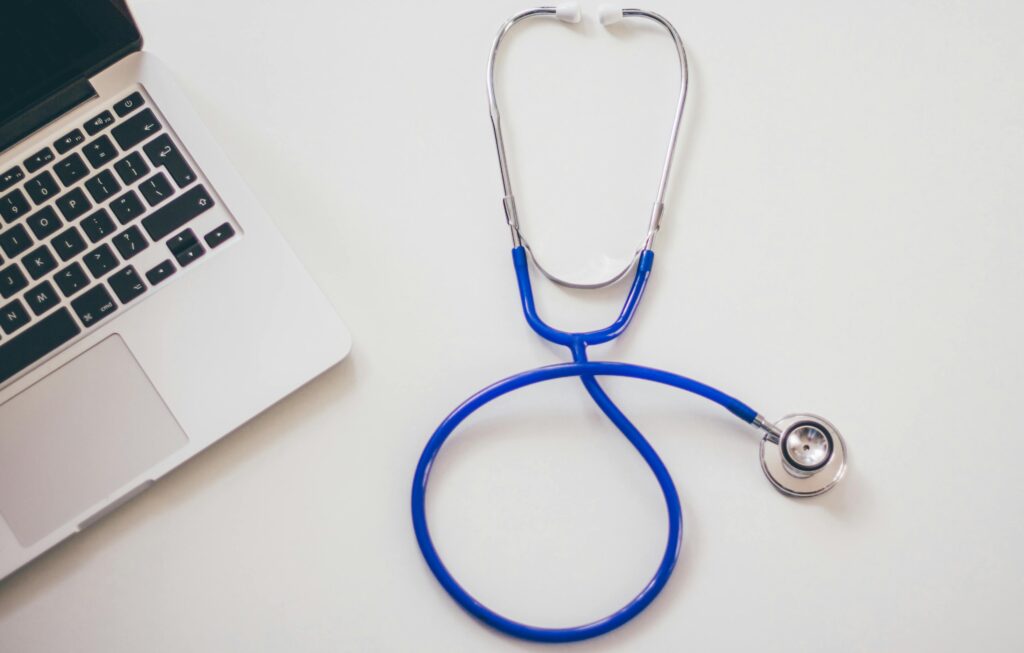
(SHIF Act) Revolutionizing Healthcare: A Guide to Kenya’s Social Health Insurance Act, 2023
The Constitution of Kenya, 2010, grants every person a right to the highest attainable standard of health, which includes the right of health care services, including reproductive health. To give effect to this right, the National Assembly has recently enacted the Social Health Insurance Act, 2023 (the “Act”) which repeals the National Health Insurance Fund Act, 1989. The purpose of the new Act is to establish the framework for the management of social health insurance and to establish the Social Health Authority.
Objectives of the Act
The Act sets out its objectives as follows:
- provide a framework for improved health outcomes and financial protection in line with the right to health and universal coverage;
- realign healthcare systems, processes and programs for responsiveness, reliability and sustainability of healthcare in Kenya;
- enhance the pooling resources and risks based on the principles of solitary, equity, efficiency so as to guarantee access to health care services to all; and
- promote strategic purchasing of healthcare services.
Establishment of the SHA

The flesh of the Act speaks towards establishing the Social Health Authority (SHA) as the regulatory body which is mandated to:
- register beneficiaries,
- manage the funds received under the Act,
- receive all contributions,
- empanel and contract healthcare providers and healthcare facilities, and
- make payments to the contracted healthcare providers and healthcare facilities out of the relevant Fund as provided in the Act.
Secondly, the Act establishes three new funds, namely, the Primary Healthcare Fund (PHF), The Social Health Insurance Fund (SHIF), and the Emergency, Chronic and Critical Illness Fund (ECCIF).
The provisions of the Act will be implemented through the Social Health Insurance Regulations, 2024. These Regulations will facilitate the mandatory registration of every Kenyan resident and will provide a guide towards achieving the highest attainable standard of health.
Mandatory registration of Kenyan residents as contributors
According to the Regulations, the SHIF shall become operational on the 1st of July 2024. Upon being operationalised, every person residing in Kenya is obligated to apply to the SHA for registration as a member of the SHIF. This includes people who are registered under the repealed NHIF Act regime. The application shall be made using the forms set out in the Regulations and would require the applicant to submit a copy of their identity card. Upon successful registration, the applicant/contributor will be assigned a Social Health Authority Number.
A contributor should declare beneficiaries in their registration application to enable the beneficiaries to access the benefits under the contributor’s cover. Parents and guardians are required to register a newborn within 14 days of birth.
Contribution to be made by households
The Act provides that contributions shall be made by every household, with a household being defined as,
“a social unit comprising of an eligible contributor, whether contributing by self or paid for, and their beneficiaries, or who share the same social-economic needs associated with consumption and production.”
Salaried employees to contribute through monthly deductions from their salaries
People in employment shall make monthly contributions at a monthly rate of 2.5% of the gross salary, albeit the amount payable shall not be less that KES 300 per month. Employers are mandated to deduct the amount from the salary and submit the contribution to the SHA by the 9th of every month.
Non-salaried contributors
For persons whose income is not derived from employment they will be required to pay annually at a rate of 2.5% of the household income determined using a ‘means testing’ instrument. The data will be based on various socio-economic aspects such as, housing characteristics, access to basic services and household composition and characteristics. The amount will be calculated by the SHA using a specific formula contained in the Regulations. The amount payable shall be paid 14 days before the lapse of the annual contribution.
Pay out from the Fund
For the funds to be used, a patient must provide the health facility or healthcare provider with their Social Health Insurance number. The Healthcare Provider or Health Facility within 7 days from the date of discharge of the patient, will lodge a claim with the Claims Management Office or a medical insurance provider for the payment of the services provided to the patient. Beneficiaries who require treatment outside Kenya must get authorisation from the SHA by providing a doctor’s report with a referral for overseas treatment.
The funds will be used to pay for use of primary health care services, and for provisions of emergency services.
Benefits packages under the respective Funds
The benefit packages under the Primary Health Care Fund include for preventive, promotive, curative, rehabilitative and palliative health services provided at level 2, 3, and 4 health facilities. The package includes the following services:
- Out-patient healthcare
- Inpatient healthcare
- Maternity healthcare
- Mental & Behavioural healthcare
- Oral health
- Eye health
- Ear health
- Screening services
- Rehabilitative services
- Palliative services
- Assistive devices
- Last expense
The benefit package under the Social Health Insurance Fund is the same, albeit for health services provided at the level 4, 5 and 6 health facilities. The package under the social health insurance funds includes the above mentioned services with an addition of the following services:
- Newborn healthcare together with maternity healthcare
- Surgical healthcare
- Dialysis healthcare
- Radiology healthcare
- Oncology healthcare
- Overseas healthcare
Despite some services being the same, it is important to note that the listed procedures under each service may differ from primary healthcare fund and social health care fund.
The benefits package under the emergency, chronic and Critical Illness Fund include:
- emergency services
- critical care services
- Oncology services to cover beyond SHIF
- Assistive Devices
- Immunosuppressive therapy post renal transplant
- Cardiac and pulmonary arrest
- Major trauma (severe burns, multiple fractures, head injuries and severe wounds)
- Shock states
- Unconscious altered level of consciousness
- Severe respiratory distress
- Seizures, status epilepticus
- Acute coronary syndrome
- Acute cardiovascular accidents
- Pregnancy complications
- Ambulance evacuation services.
The schedule to the Regulations contains more detailed information on all the benefit packages under the three healthcare funds.
The new Act together with the regulations have several compliance points that must be adhered for greater accessibility to quality healthcare. If you need any assistance in complying with the new law, please contact us through Allan Mzungu at mwamuye@mmsadvocates.co.ke or Suhaila Noorani at suhaila@mmsadvocates.co.ke or through our Office mms@mmsadvocates.co.ke. visit https://mmsadvocates.co.ke for more articles.